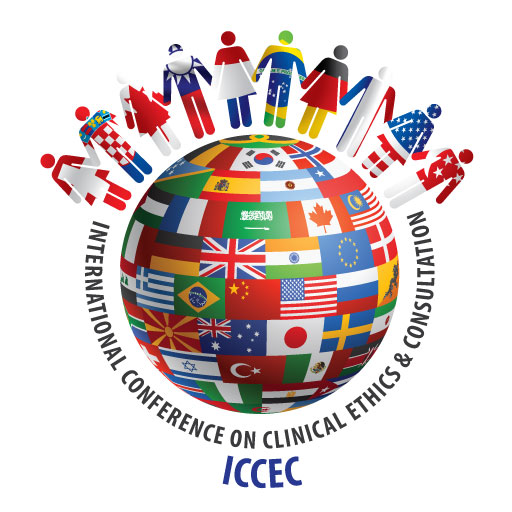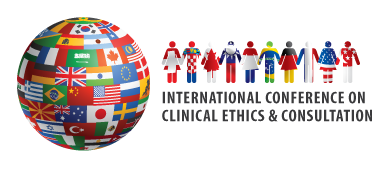How it began
The idea for an international conference on Clinical Ethics Consultation (CEC) emerged in 2000, when Stella Reiter-Theil and George Agich were invited speakers in Bielefeld (Germany) at the ‘von Bodelschwinghschen Anstalten Bethel’, a major diaconal medical center which since 1967 had cared for the most vulnerable. The late Prof. Hans Schwager, board member, protestant theologian and educator, had invited Stella and George for a workshop to stimulate the development of CEC in the Bethel medical center after the week-long visit of a team from Bielefeld to the Cleveland Clinic to study its clinical ethics services; also, he had been inspired by the first CEC workshop that took place in Germany (Mainz, 1998). At the closure of the workshop, Hans Schwager said “what we really need is an international conference to help the field to further develop”. Inspired by his words, George and Stella decided to try to make this happen.
Looking at the recent development of Medical Ethics in both North America and Europe, George and Stella agreed that its profile needed an add-on to its established focus on bioethics controversies and education: coming closer to the patients, their caregivers, both relatives and professional. Clinical Ethics and Consultation appeared to be capable of addressing complex content matters in appropriate – bioethical – terms as well as of responding to the existential significance of the challenges, e. g. at the end of life. The purpose of ICCEC was to create a secular space for the diverse professionals from around the world who work in clinical ethics and consultation to address the main issues and concerns in their fields. Conferences were designed to offer a setting where they could share their experiences, learn from each other, and establish collaborative connections.
We were pioneers in CEC in our respective settings. George was first asked to consult by medical school colleagues on end-life decisions in the early 1980s. He was a charter member of the Society for Bioethics Consultation (that merged into the American Society for Bioethics and Humanities) and member of its Board of Directors. He was part of a national educational program of workshops for hospital ethics committees in the early 1990s and led a state-wide educational project in Indiana that received the 1990 Indiana Humanities Council Achievement Award. At the Cleveland Clinic, George led the Department of Bioethics and restructured its ethics consultation program and initiated a Critical Care Ethics Liaison Service to ICUs and chaired the Cleveland Clinic Hospital System Ethics Council. Having had a long-standing interest in international work and collaboration in bioethics through the International Association of Bioethics, the challenge of initiating international dialogue on clinical ethics and consultation was of great interest.
In the early 1990s, when CEC was not yet established in Europe and while Stella was involved in the development of the Academy of Ethics in Medicine, she initiated a model of CEC in adolescent psychiatry at the University of Goettingen (Germany). This became a methodological step towards the ‘Freiburg approach’ practiced at the newly founded Center for Ethics and Law in Freiburg where she became research director (1995) focusing inter alia on decisions at the end and at the beginning of life. Stella hosted two international Workshops with the Academy of Sciences, Mainz (Germany / 1998 and 2000) where CEC was demonstrated ‘live’; moreover, patients’ relatives reported about their experiences with CEC. In 2000, she accepted the offer of the University of Basel to build up a new ethics institute at the Medical Faculty and a CEC start-up collaborating with the University Hospitals, beginning with Intensive Care, when CEC was still very rarely visible in Switzerland.
The first ICCEC took place at Cleveland in 2003 successfully. The second meeting was held 2005 in Basel (Switzerland) organized by the new university ethics Institute in collaboration with the Swiss Academy of Medical Sciences. Over the next years with the increasing interest in ICCEC, the meetings moved to an annual schedule collaborating with local hosts in North America, Europe, Asia, South America as well as Africa. Each conference was guided by a theme selected by the program committee.
So far, after more than 20 years, George and Stella maintain their commitment to an informal “structure” for ICCEC and choose not to create a new organization or society to oversee the conferences. Although ICCEC has welcomed collaboration with established societies and organizations to promote clinical ethics and consultation internationally, the ICCEC has retained its unique focus on clinical ethics and consultation, a field that developed organically with interdisciplinary collaboration and international cooperation.
George J. Agich Stella Reiter-Theil



